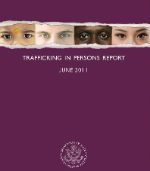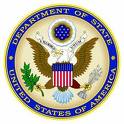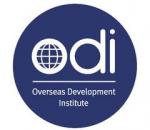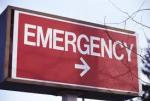Two Day Haiti Forum on Investment Concluded
 Haiti requires foreign assistance for many years to come. However, trade is more important than aid over the long term. Digicel and others have shown that, while a difficult place to do business, investment can be both beneficial to Haiti and profitable to investors. A two day event to court new investors, financed by the Inter-American Development Bank, was recently concluded. Announcements included planned improvements to route national one, an industrial park in the north, and a large, new hotel in Port au Prince. A Miami Herald article by Jacqueline Charles on the forum follows.
Haiti requires foreign assistance for many years to come. However, trade is more important than aid over the long term. Digicel and others have shown that, while a difficult place to do business, investment can be both beneficial to Haiti and profitable to investors. A two day event to court new investors, financed by the Inter-American Development Bank, was recently concluded. Announcements included planned improvements to route national one, an industrial park in the north, and a large, new hotel in Port au Prince. A Miami Herald article by Jacqueline Charles on the forum follows.








